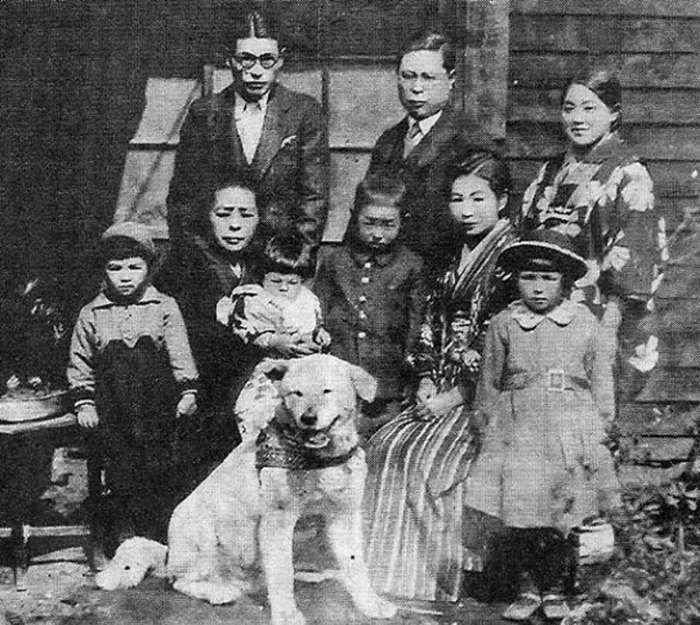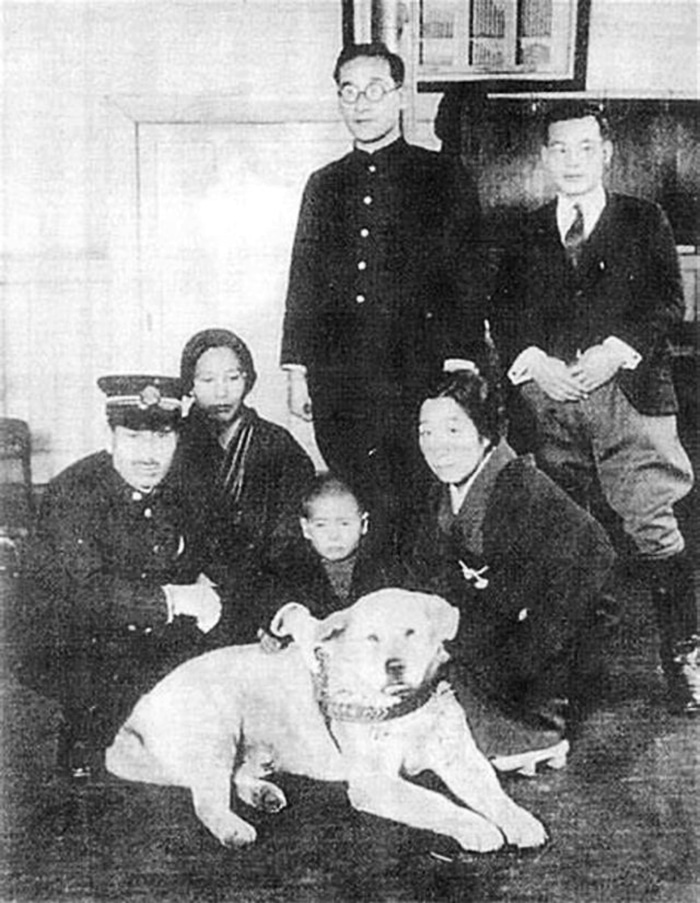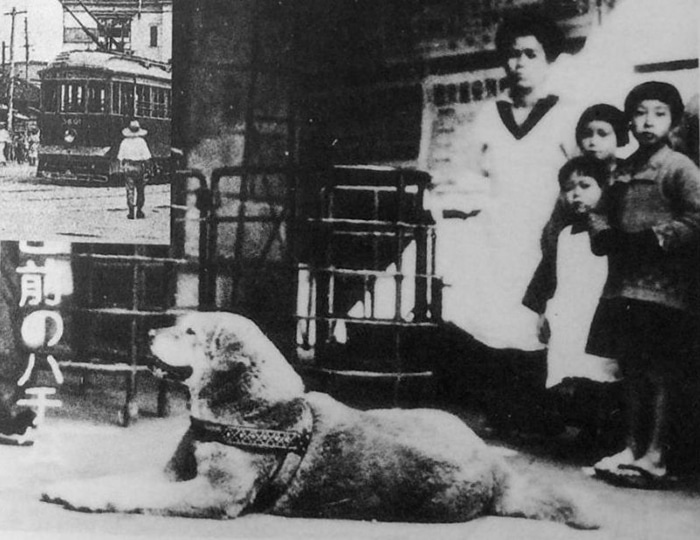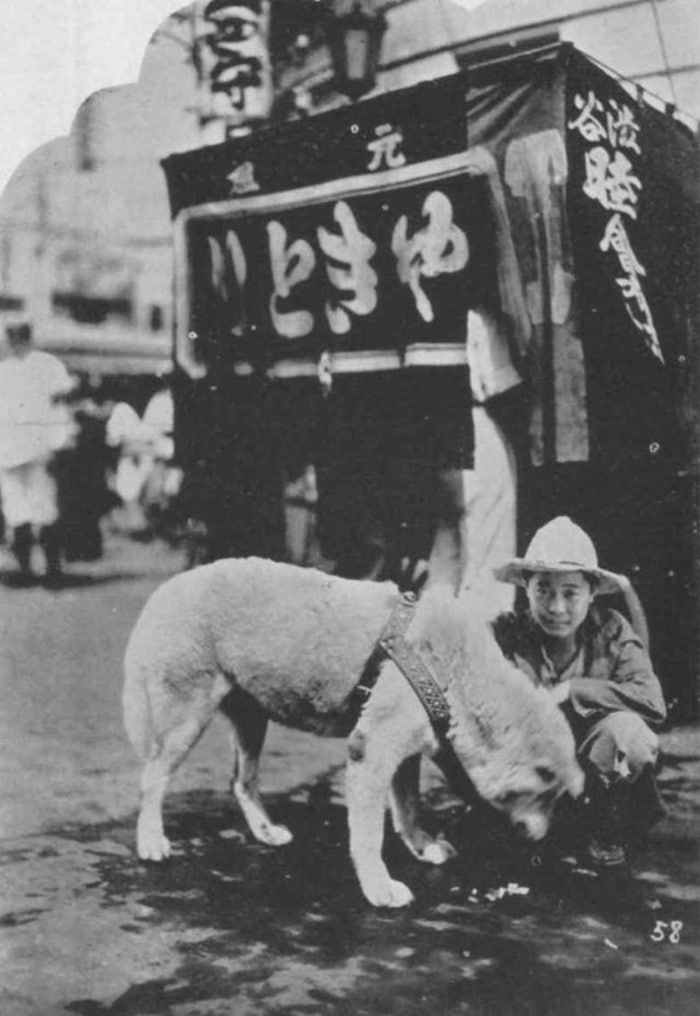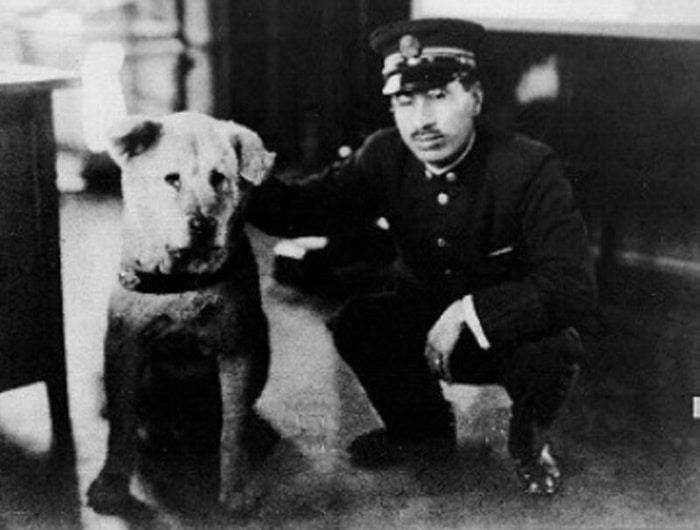
Hachikō, the golden-brown, pure-bred Akita, is an iconic symbol of loyalty and everlasting love. Born on a farm in Ōdate, Akita Prefecture, Japan, in late 1923, Hachikō became a cultural phenomenon and captured hearts around the world.
In 1924, Hachikō was adopted by Professor Hidesaburō Ueno, who lived in Shibuya, Tokyo. Professor Ueno, a member of the agriculture department at Tokyo Imperial University, formed a close bond with the Akita. Hachikō’s daily routine involved waiting for his owner at Shibuya Station, where he would greet him upon his return from work.
Tragically, on May 21, 1925, Professor Ueno suffered a cerebral hemorrhage while giving a lecture and did not return home. Despite his owner’s absence, Hachikō continued to wait faithfully at Shibuya Station, unaware of the heartbreaking news.
Hachikō’s unwavering loyalty touched the hearts of those who witnessed his daily vigil. Passersby and station staff became familiar with the loyal Akita who faithfully awaited his owner’s return. The story gained widespread attention, turning Hachikō into a symbol of devotion.
In the years that followed, Hachikō’s story became well-known in Japan and beyond. People were moved by the dog’s loyalty and the profound connection between humans and their animal companions. A statue of Hachikō was erected at Shibuya Station in 1934, and it remains a popular meeting point and symbol of fidelity to this day.
Hachikō’s legacy extends beyond his lifetime, inspiring countless people and leaving an indelible mark on the concept of loyalty and love between humans and their animal companions.







